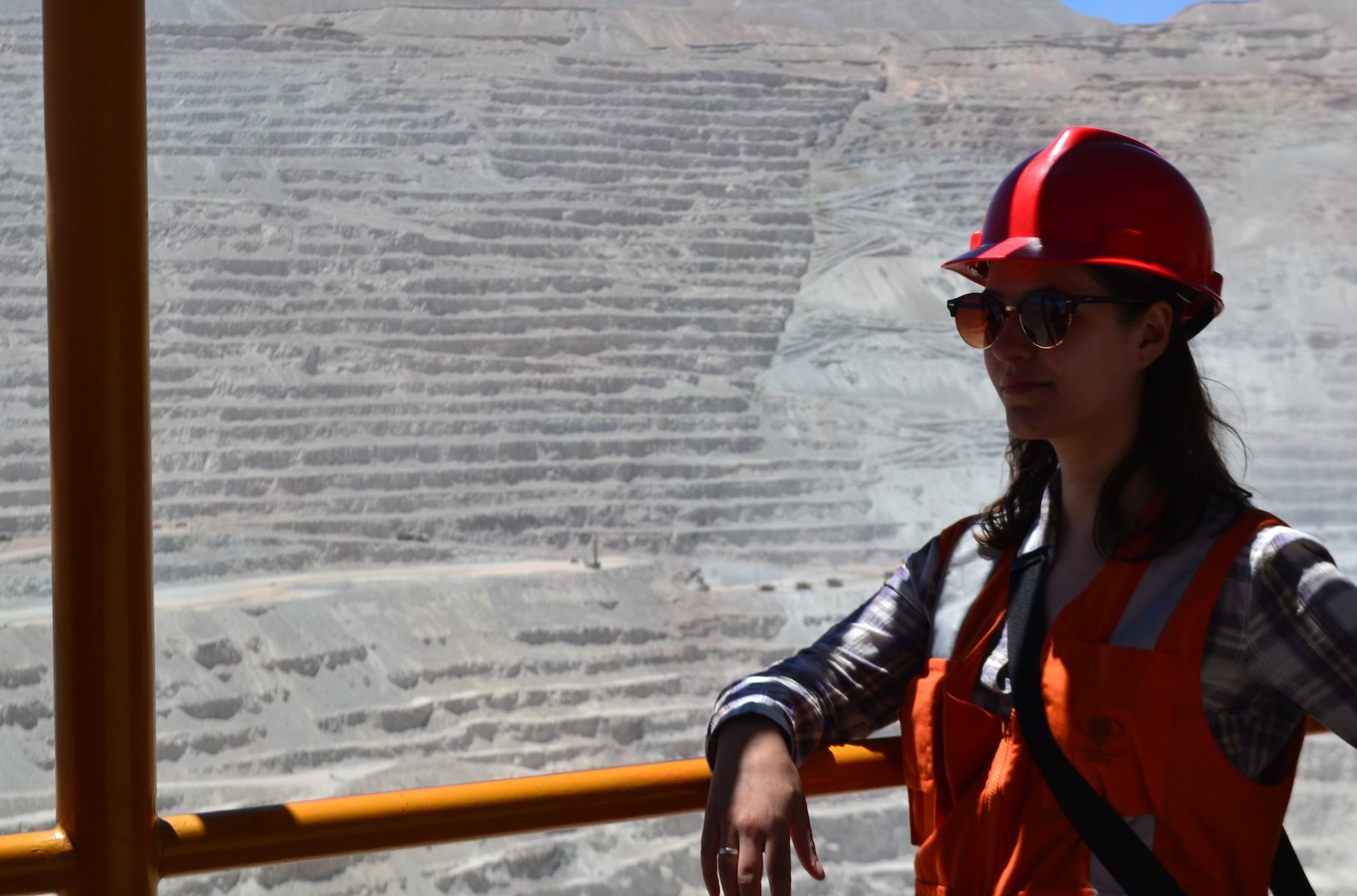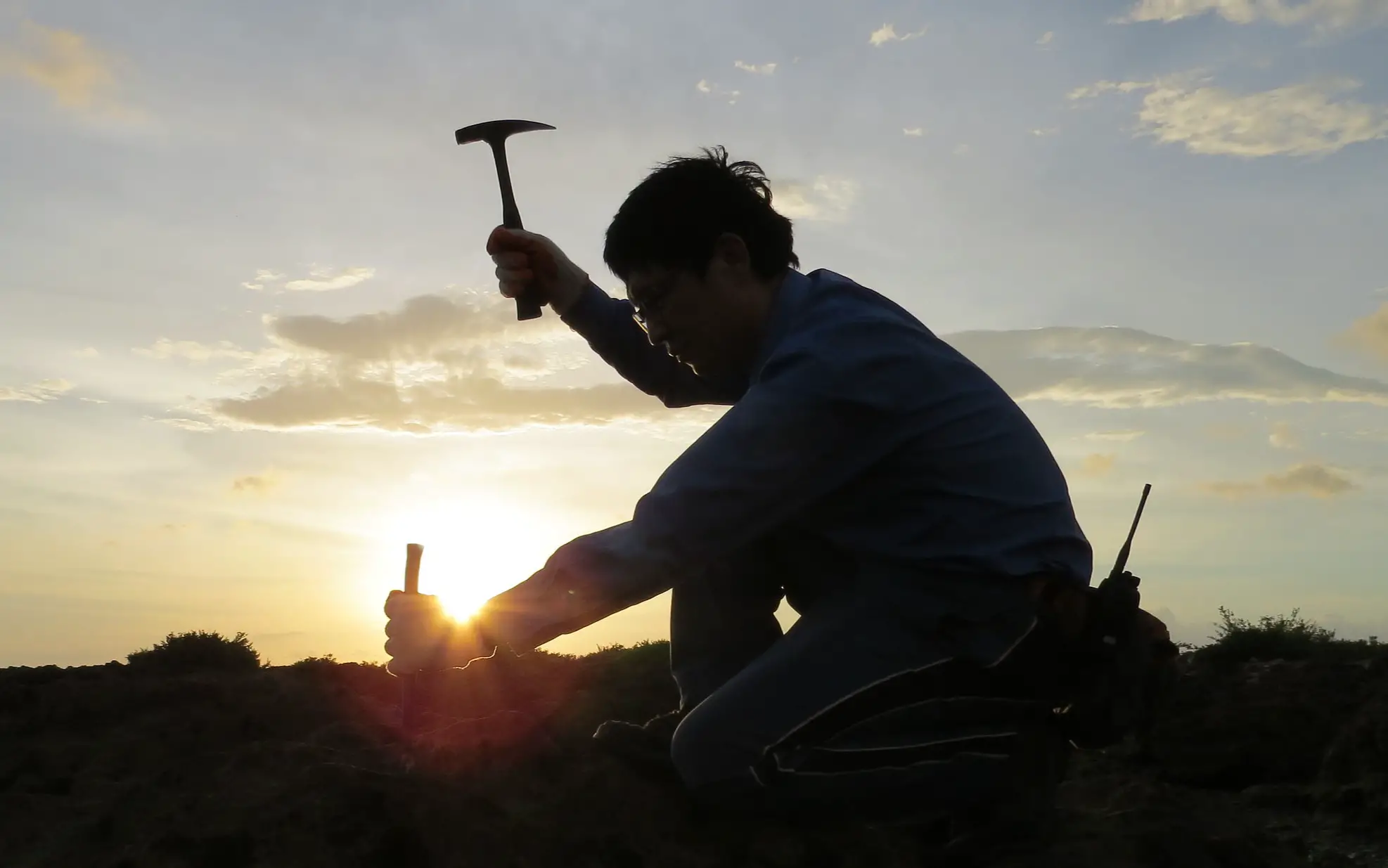Geology is a good fit if you’re looking for a career that lets you apply your passion for nature to solve problems. Geologists spend much time in nature collecting and seeking information and documenting reports and analyses.
In addition, these specialists frequently try to promote the preservation and determine where and how to harness natural resources. If you admire the natural environment, geology maybe your career path!
Is Geology a Good Career?
Geology is one of the most exciting and rewarding careers you could choose. You’ll be able to build a career full of potential with great salaries and benefits. As a geologist, you will deal with the outdoors and natural resources, including fossil fuels and minerals. To pursue this career path, a bachelor’s degree is required.
Discover eleven reasons to become a geologist and how fascinating the profession might be, so keep reading!
1. Energy & Environmental
Geology is the branch of science that examines the physical composition of the earth and all the components that make it up.
This science uses methods and knowledge from disciplines, including ecology, biological sciences, physics, and mathematics.
Environmental, petroleum sector, geological surveying, preservation, research, and teaching are some of the career options.
Additionally, the physical world has an impact on various businesses, thus providing jobs related to geology:
- Engineering
- Electricity
- Hydrologists
- Environmental Conservation
- Catastrophe Detection
Geologists assist in developing roads and water supply and construct pipelines for the oil, natural gas, and groundwater industries.
2. Immense Potential
Geology is a broad study area with several career opportunities, all of which have great potential.
Besides being physically active and environmentally aware, one must be excellent with statistics, investigation, theory, and calculations.
Geologists must document the slightest modifications and events because they influence critical environmental functions.
These professionals often work in risky or physically demanding settings and typically put in lengthy and erratic hours when working in the field.
Overall, geology is fascinating since it includes solving puzzles based on evidence.
3. Salary and Career Outlook
Based on the US Bureau of Labor Statistics, the employment of geoscientists is expected to rise by 5% annually throughout 2020 and 2030.
However, geologists’ earnings differ according to their level of education and experience.
The average annual earnings for geoscientists, which include geologists, is $130,550, with top earners making over $172,000 yearly.
In some private organizations, benefits for geologists include:
- Insurance
- Retirement Programs
- Savings Plan
- Flexible Work Schedules and Hour
- Transportation Subsidy Program
- Annual Leave
- Employee Assistance Programs and more
4. Geologists Have an Enthusiasm for Nature
You’re on the right track if you love nature and are enthusiastic about discovery through a career in geology.
Geologists use sophisticated computer systems to examine climate change while using satellites and submarines to explore volcanoes.
These specialists are interested in finding solutions to Earth-related concerns. It involves a lot more than only looking at rocks.
To succeed in geology, professionals must be:
- Intellectually curious,
- Systematic,
- Rational,
- Analytical, and
- Logical
Additionally, they are unique individuals and frequently have investigative personalities, which necessitates that they are methodical, introspective, and intellectual.
5. Qualifications
The minimum academic requirement to specialize in geology is a four-year Bachelor’s degree in geoscience or a closely related field like natural resources.
After completing their undergraduate, many geologists continue their training by doing a master’s or a Ph.D. They could do it in one of their many following areas of expertise:
- Paleontology
- Oceanography
- Hydrology
- Volcanology
While most states in the United States require geologists to hold licenses, several do not.
Generally, the National Association of State Boards of Geology establishes the examination to become a professional geologist.
6. Develop Observational Skills

It’s necessary to have a keen sense of observation when you invest time in the field gathering samples, surveying locations, or documenting the composition of a specific site.
Additionally, geologists must conduct preliminary investigations before choosing a course of activity for more extensive research.
They must analyze the results in a meaningful manner. To evaluate appropriately, individuals must have thorough math, physics, and biochemistry knowledge.
Overall, geologists must also know how to operate geology and seismic software such as:
- ArcGIS
- MX Deposit
- IMDEX Hub
- Geoprobe
- PLAXIS 2D
7. Learning Through Internships
Some geologists gained experience through internships.
Their primary duties included:
- Gathering materials in the fields
- Analyzing office information.
- Evaluating laboratory soil samples.
They also work in remote locations from surveys, generating maps to collect rock samples or extract samples from water resources.
In addition, they undergo training on operating tools of the trade, such as X-ray scanners in the lab, outdoor radar equipment, and GIS and simulation software for office data gathering.
8. Promising Future
The Bureau of Labor Statistics sees excellent long-term prospects for a geoscience career.
Several geologists specialize in petroleum or fuel. However, a geologist can find employment in other sectors of the economy.
- Academics
- Corporate
- Government
- Nonprofit
Additionally, geology professionals have a wide range of career options that include:
- Environmental Field Technician
- Science Teacher
- Surveyor
- Environmental Geologist
- Geotechnical Engineer
- Mining Engineer
Since many baby boomers are retiring, there is a hole that needs to be filled by future geologists. Thus, one reason for the increased market.
9. Erratic Working Schedules
Your work schedule as a geologist will vary depending on the industry you are in.
Working regular hours in an organization or laboratory may be essential for some occupations. However, you can have a more erratic schedule in other industries, such as drilling or research.
If you work on an oil rig, you might spend several weeks on an offshore platform before returning home for the exact period.
At the same time, fieldwork and research excursions may require moving abroad and to various climatic zones.
Depending on the scope and circumstances, this work could be highly exhausting.
10. Time for Personal Interests
Working in geology frequently entails going to far-off places. For example, petroleum sector geologists may explore and facilitate the collection to find gas and oil resources.
Engineering geologists may travel to prospective dam or highway worksites to assess the project’s geological feasibility.
On the other hand, during their spare time, geologists enjoy trekking, exploring, and venturing off the major highway.
Others continue to be able to communicate with their families every night via FaceTime or Zoom, which helps them maintain contact while they are away.
11. Physical Danger and Demanding Role
Geologists must journey to places that are frequently far away.
Therefore, they may need endurance to trek to remote places to investigate rock formations and then carry samples back for more analysis.
There could be a potential danger of landslides.
As you can see, being a geologist may be as stressful as being near an exploding volcano. Geologists frequently operate outdoors, putting them in danger of getting hurt.
To learn more, you can also see our posts on Petroleum Engineering, Astronomy, and Civil Engineering.
Conclusion
Ultimately, geology is a career full of beneficial aspects of your lifestyle. Geologists have a great position to spend life in meaningful and rewarding work.
It is an exciting field to enter, mainly because no matter how much you know about it, there is still more waiting for you to discover.
Based on the points mentioned above, it is safe to say that being a geologist is a worthy and engaging profession.

